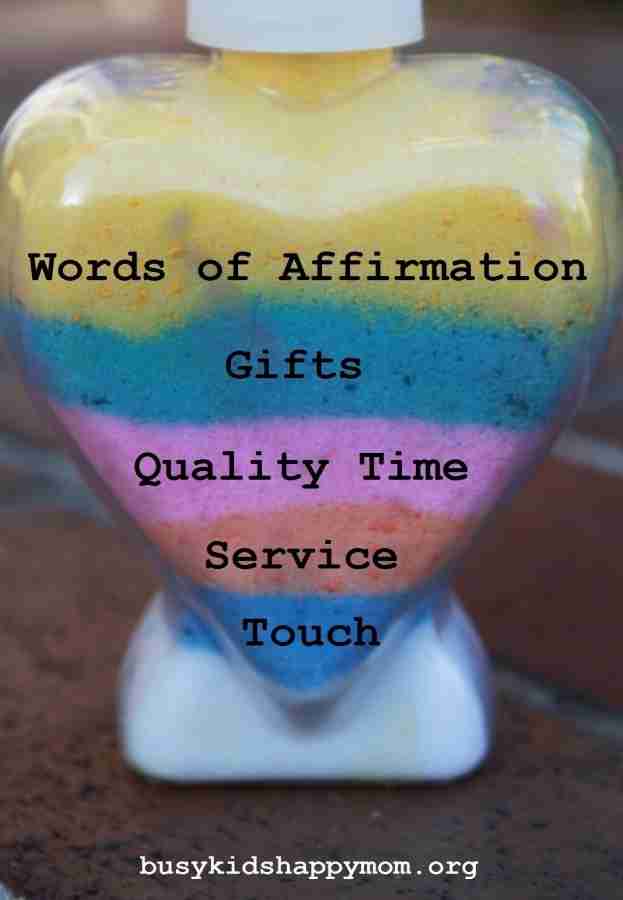Valencia Counselors Teach the Five Love Languages to Students
February 14, 2017
Why is it that some people prefer a pat on the back to a verbal “good job” and vice versa? It all has to do with an individual’s love language. Gary Chapman authored these languages and, though they have no scientific backing, are widely accepted and popular. On February 14th Steve Tullo and Rafael Davila, both counselors on the East Campus, led a special Valentine’s skillshop about the five love languages and how they can be used in any relationship.
- Words of Affirmation: Verbal appreciation, encouragements and/or compliments. Tone of voice is very important. Hurt by: insults, criticism and/or neglect to achievements.
- Quality Time: Spending time with each other without distractions. Hurt by: distractions and/or postponing plans
- Receiving Gifts: Visual symbols of love. Cost does not matter. Gifts may be homemade, bought, or found. Hurt by: forgetting important dates and/or thoughtless gifts.
- Acts of Service: Love expressed by actions. Shown by helping with various chores or tasks. Hurt by: laziness and/or broken commitments.
- Physical Touch: Includes hugs, hand holding, brief touches to the shoulder and/or brief kisses upon greeting or leaving. Hurt by: neglect and/or physical abuse.
Davila was quick to mention that these languages can be applied to all types of relationships, romantic, professional, friendships, family, etc. He gave an example of a boss giving words of affirmation to their employees, this plays to the employees love language and make them want to work harder.
These languages have the ability to better connect us to the people around us. “The more we get to know ourselves the better we get to know how we come across. The more we get to know other people the more we invite other people into our world.” Tullo explained.
The two took a detour from languages and discussed two stages of relationships. In the first stage, the obsessive stage, the couple is under the illusion that their significant other is perfect. In the second stage, the covenant stage, the obsessiveness begins to fade and the couple starts to see flaws in each other. Successful couples are able to accept these flaws and love their significant other regardless.
“I got words of affirmation, but I like all of [the languages] really. They all matter [and] it’s important to be able to determine what your partner likes.” said Shayla Rosario, a student who attended the skillshop.
Valencia offers a variety of skillshops throughout the year on many campuses, these can be found at http://events.valenciacollege.edu.




